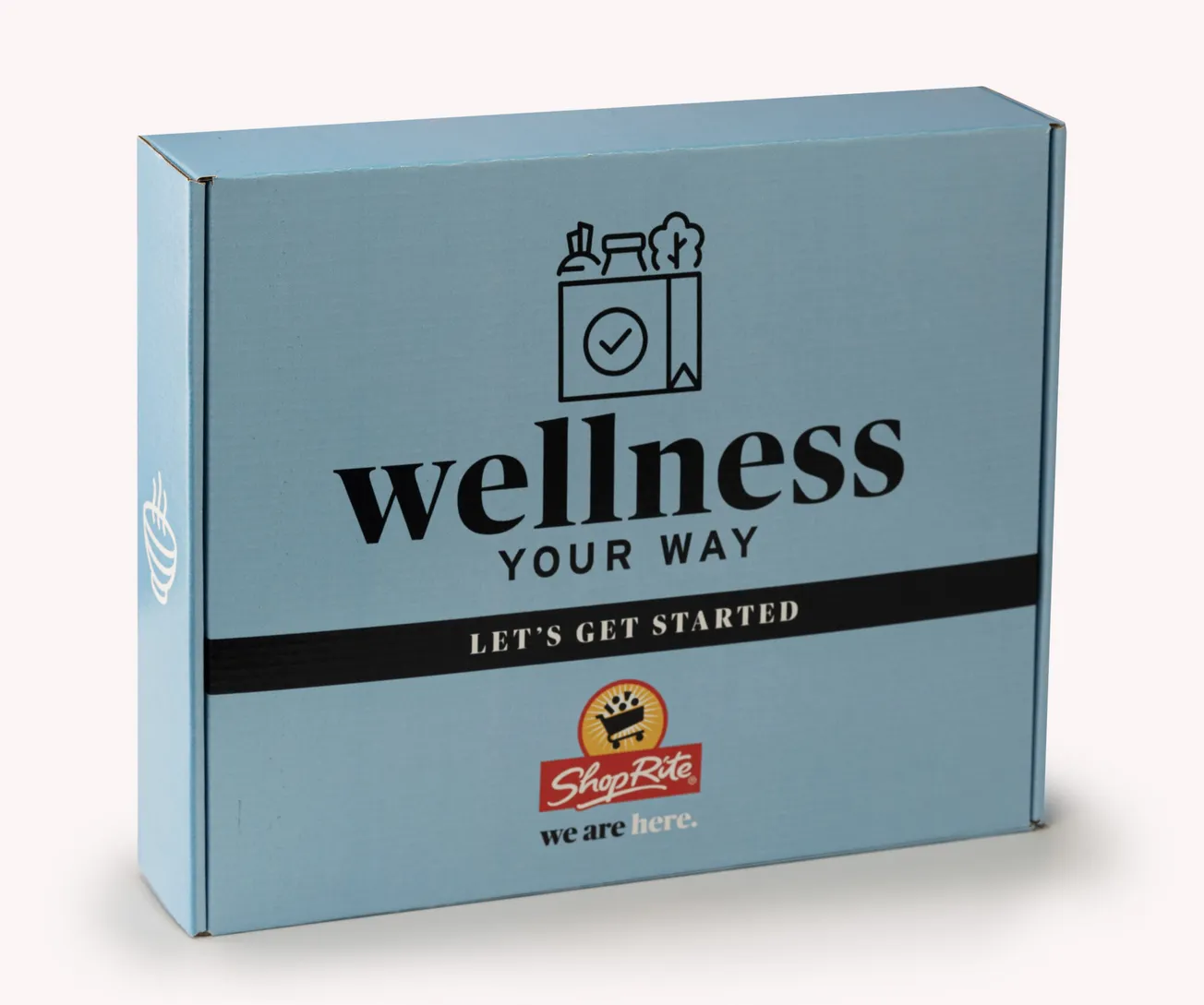DEERFIELD, Ill. — Walgreen Co. says that its Balance Rewards for healthy choices (BRhc) program, which awards loyalty points for healthy behaviors and activities, is helping members lose weight and driving better medication adherence among participants with hypertension and/or diabetes.
According to a new white paper and outcomes data the company released, active members who tracked weight measurements throughout 2014 lost an average of 3.3 pounds, with more than one in four participants (27.2%) losing six pounds or more and 16.5% losing over 10 pounds. In addition, those who logged at least one mile of steps per day lost an average of 3.7 pounds.
New BRhc participants taking diabetes medications who also tracked blood glucose levels demonstrated 5.4% higher adherence, while participants who logged steps for walking and running demonstrated 7.9% higher adherence.
New BRhc participants taking antihypertension medications who also tracked blood pressure levels demonstrated 2.6% points higher adherence, while participants who logged steps for walking and running demonstrated 2.4% higher adherence.
“These exciting results demonstrate how an easy-to-use wellness program that integrates incentives, like Balance Rewards for healthy choices, drives engagement and positive behavioral change — this creates a more enjoyable experience for participants that ultimately leads to better health outcomes,” said Harry Leider, chief medical officer at Walgreens. “The results also underscore the program’s value for health plans, employers and other payers. It’s a big step toward reducing health care costs when you can effectively promote more active lifestyles among members in a cost-effective manner.”
Of 100,069 active participants examined, 45.8% tracked activities and 6.2% tracked weight measurements.
Among 1,855 participants who filled at least one oral diabetes medication, participants who tracked blood glucose levels were 82.9% adherent as opposed to 77.5% for those who did not. In the same sample group, participants who logged more than one mile of steps per day were 86.4% adherent as opposed to 78.5 % for those who did not.
Among 4,943 new participants who filled at least one antihypertension medication, participants who tracked blood pressure levels were 81.7% adherent, as opposed to 79.1% for those who did not. In the same sample group, participants who logged more than one mile of steps per day were 81.5% adherent as opposed to 79.1% for those who did not.
Walgreens noted that as of April, 2015, more than 250,000 devices were connected to BRhc, and over 800,000 users have accessed the program.
“We want our customers to enjoy a seamless and convenient user experience, and bringing this selection of connected devices together in one easy-to-find portal furthers that goal,” said Adam Pellegrini, Walgreens divisional vice president of digital health. “Our BRhc partners share our vision of encouraging healthy lifestyles and behaviors. As we approach 1 million customers enrolled in BRhc, we’ll continue to find innovative ways to bring the program to more people through more channels.”
BRhc was first launched in September 2012 to reward Walgreens customers for making healthy choices and for taking part in tracking activities and biometrics such as walking, running, cycling, and monitoring body weight and sleep. In April 2014, the program expanded to offer members points for connecting biometric devices and tracking both blood glucose and blood pressure.







